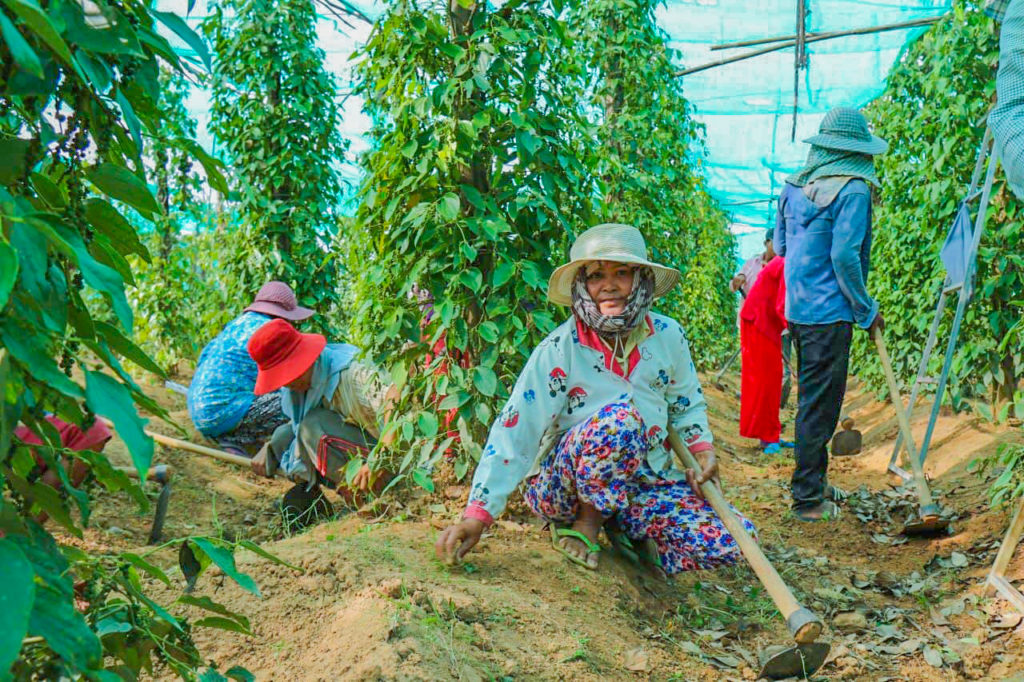


Cambodian agriculture does not attract young high school graduates
Publish date: 04 February 2022 / Agriculture
Anything but peasant. Quoted recently in the press, a president of a teachers’ association noted that new graduates were not very interested in higher education for agricultural professions. Work too hard for too little income, she advanced as an explanation. The majority of young people prefer to be a doctor, computer scientist, designer or marketing manager than agricultural technicians. The city rather than the countryside.
While almost 80% of the country’s population lives in rural areas and 65% depends on agriculture, fishing and forestry for its livelihood, the income of peasants remains low, in particular because local products suffer competition from imported products. However, notes the American cooperation agency USAID, “agriculture can be an engine of economic growth and food security in Cambodia”, but, it continues, “the country must improve its production and post-production infrastructure, streamlining the business environment and increasing the ability of financial services to reach rural entrepreneurs. »
To meet the first of these three challenges, the country needs agricultural technicians in the field and in the packaging and processing plants.
At the end of last year, Confirel won the 2021 entrepreneurship trophy. This prize was intended to reward its approach, which is to promote local products through innovation and to market premium finished products that are competitive on the local and international markets and, ultimately, to contribute to the improvement of peasant income.
The success of this approach certainly requires engineers in the research and development departments and in the analysis laboratories, marketing managers and sales engineers.
But it also requires, in the plantations, in the field, qualified technicians, who perfectly master the use of inputs and modern and sophisticated production tools, otherwise productivity, quality and, ultimately, competitiveness will not be matched. The lack of interest of young graduates for field work should not be taken lightly by actors in the agricultural world in view of the challenge represented by the urgent need for the country to gain its food independence.



